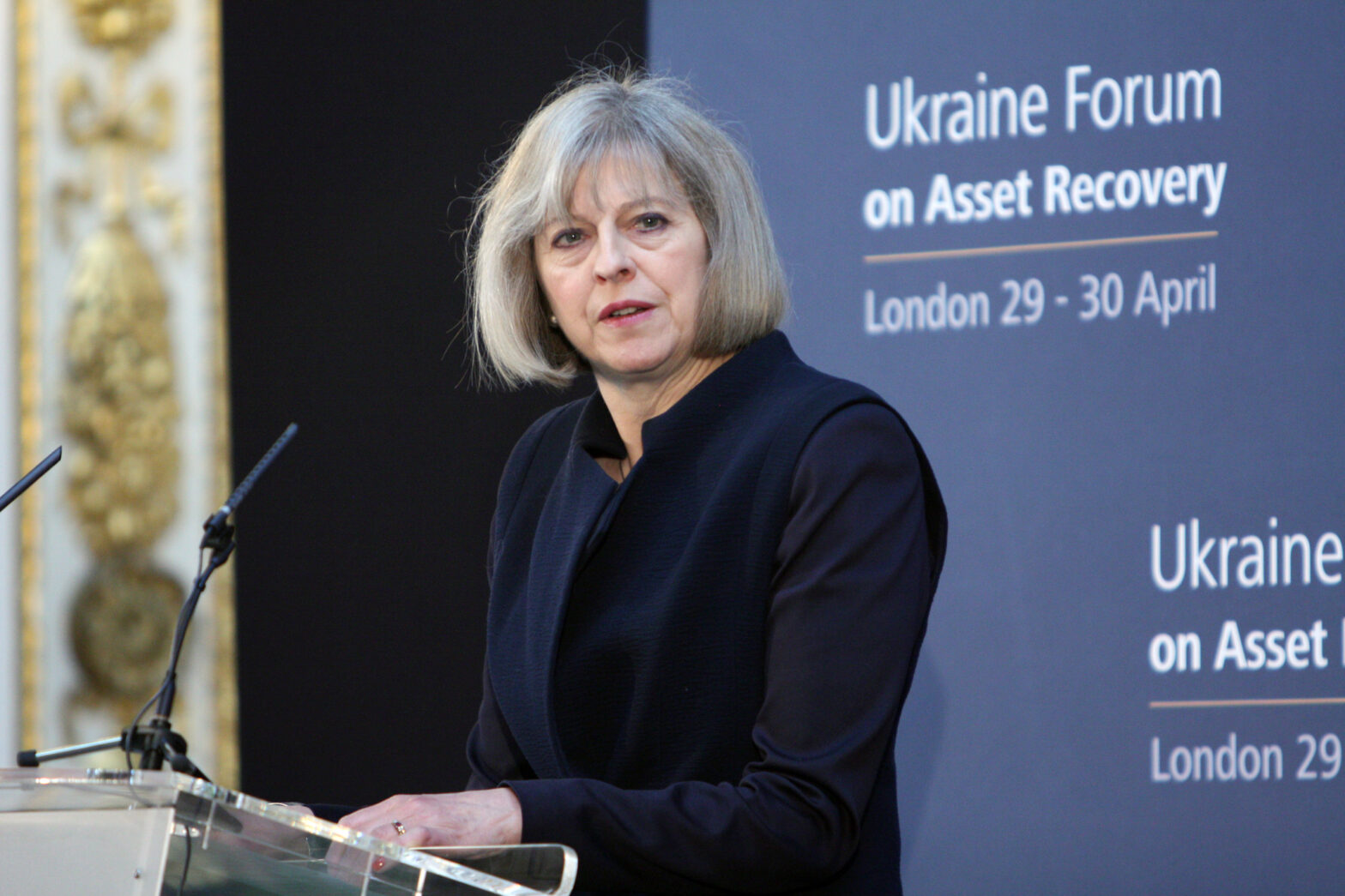While May has assured smaller firms she will be listening to their needs, actions, not words, are what is required, says Charles Reilly, director of Fridgesmart. ‘Small businesses really are the ‘backbone of Britain’; the PM is right about that,’ Reilly says.
‘But it’s not enough to issue statements of support; we need an earlier Autumn Statement this year that’s full of measures that are costed and quick to implement, to prove that this new government is on our side. It could cut the recent rise in dividend tax or lower corporation tax for example, or it could go further with tax breaks for tech start-ups.
Paul Haydock, CEO of DueCourse believes small and medium-sized enterprises (SMEs) have the potential to achieve their ambitions without government intervention, despite the perceived negative climate.
He says, ‘Despite Theresa May’s reassurance, there will be so much to negotiate when it comes to Brexit that there is a danger that SMEs will still fall some way down the pecking order.
It’s up to our SME community, who let’s face it, are robust and inventive by nature, to build our own answers with speed rather than rely on the vagaries of government.’
Some feel there won’t be any major impact or change from May’s policy and that her business acumen is under question. CEO of Epos Now Jacyn Heavens says, ‘Personally, I’m glad that she’s tried and tested at the top of politics. However, she’s never had any involvement, as home secretary, on business. It all comes down to how she’s going to navigate Brexit.’
Azhar Hussain, founder and CEO of ParceLive has a supply chain that extends across the world so costs have gone up substantially since the Brexit vote. ‘Nobody wants to scale from an island. Access to talent, markets and capital gave us tremendous capability in being part of the EU. To build on our competitive edge, it remains vitally important the government steps in to replace what we have lost.’
The company manufactures in the UK but will be looking to diversify out to Europe. ‘Recruitment will be more challenging. Whatever benefits that come with Brexit will be offset with the substantial increase in costs and social and political instability, and long term we will likely have to relocate into the EU zone,’ Hussain adds.





